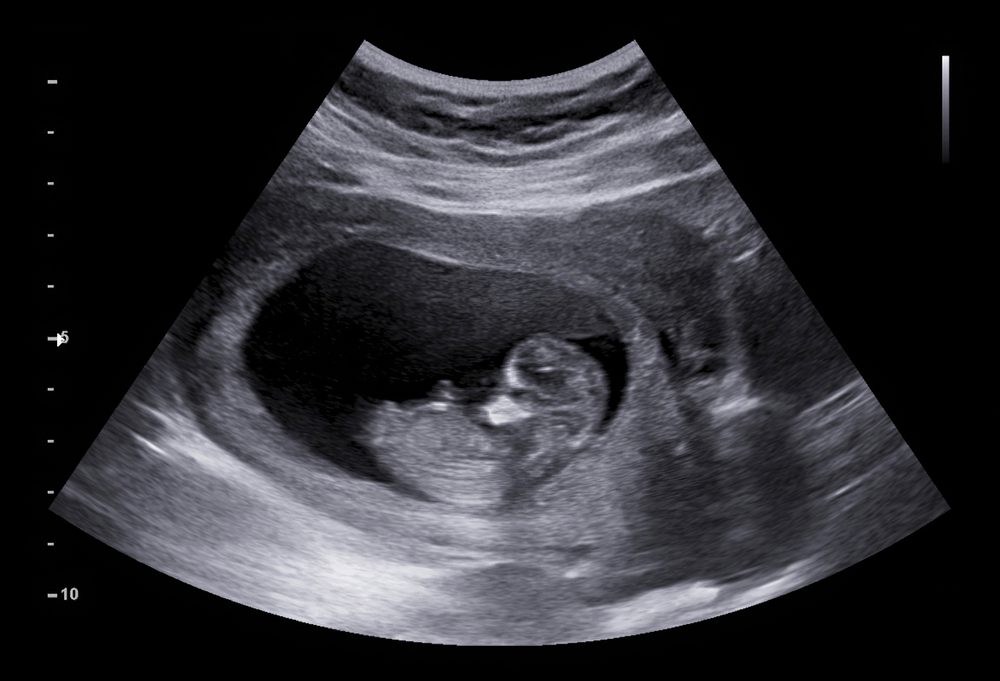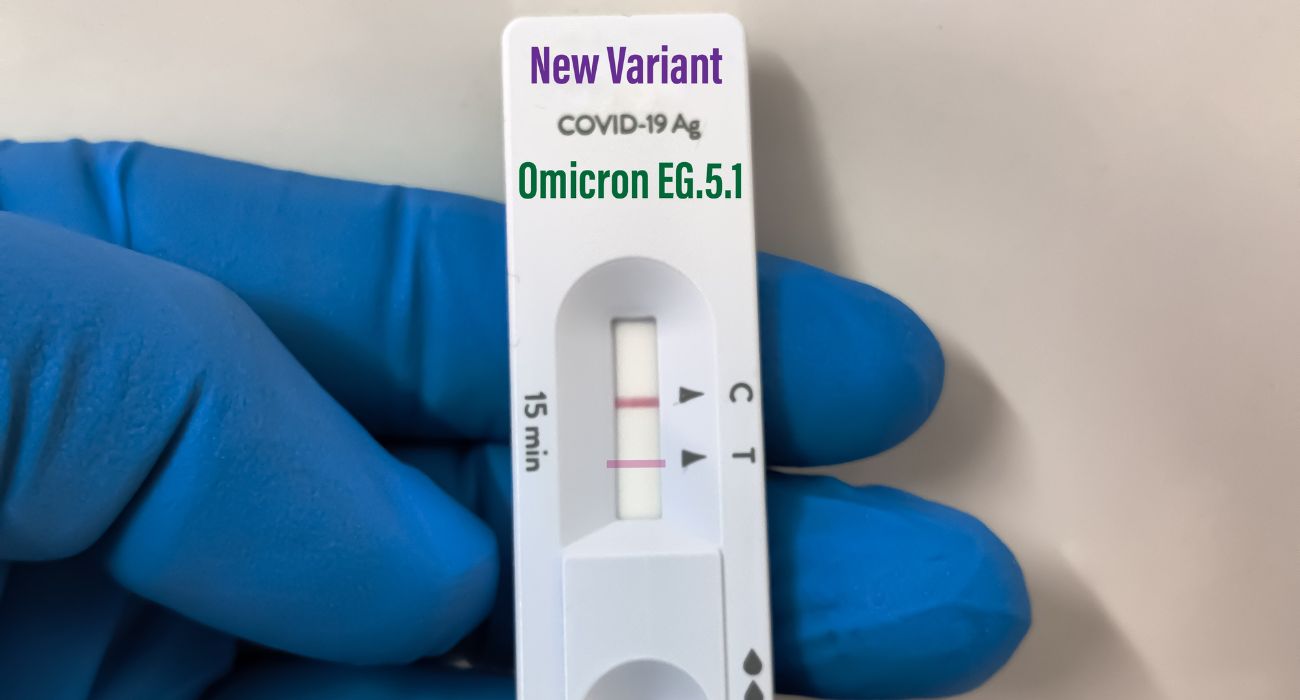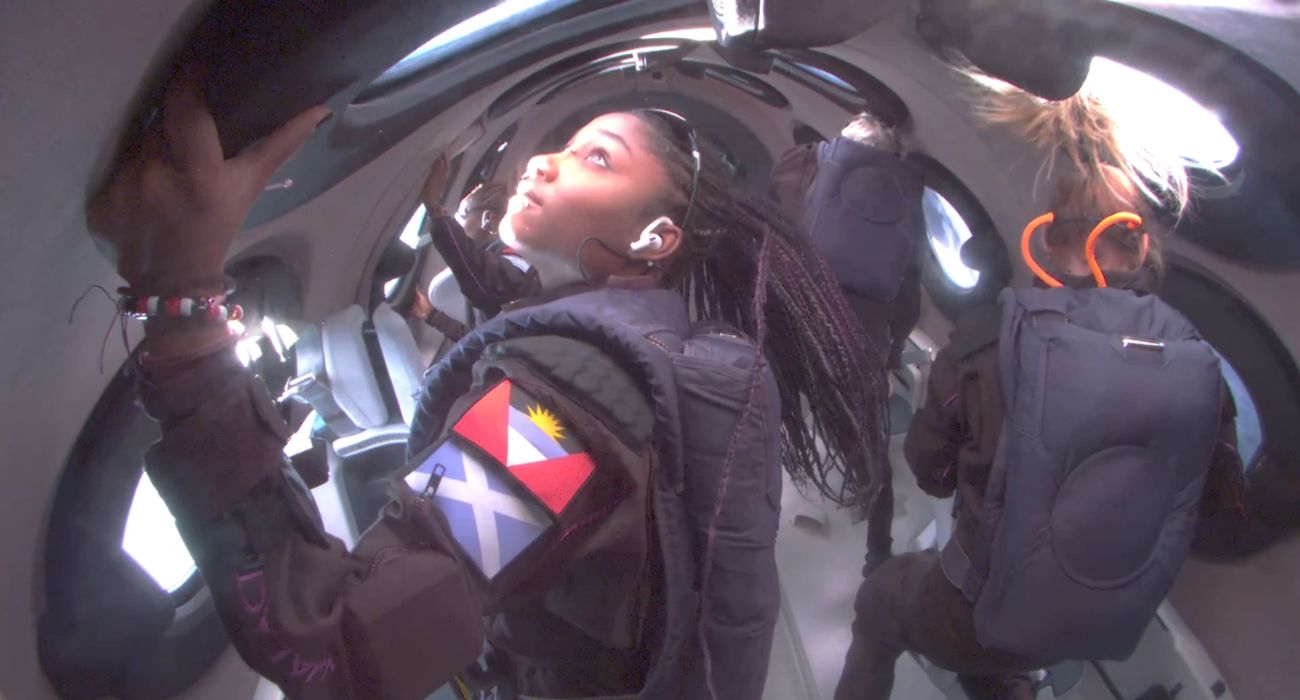A biotech firm based in France recently gained federal approval for its AI-enabled ultrasound scanning technology.
Using artificial intelligence (AI), this tech known as Sonio Detect produces more comprehensive assessments of the fetal heart and brain. This means the product could be a game-changer in the detection and diagnosis of fetal anomalies.
Data from the Centers for Disease Control and Prevention suggest that a baby is born with a birth defect in the U.S. every 4.5 minutes. This translates to 1 in every 33 new births annually.
While several factors can contribute to birth defects, ranging from environmental to genetic reasons, leading a healthy lifestyle by following a nutritious diet and maintaining a healthy weight can lower the risk, according to Boston Children’s Hospital.
Birth defects can lead to lifelong health issues and are responsible for 1 in 5 deaths in the first year of life.
Still, research suggests that birth defects are only detected by prenatal ultrasounds half the time.
Congenital heart defects, in particular, seem to be missed by ultrasounds — 1 in 10 — with one study suggesting this may be linked to the pregnant woman being obese.
Obesity in the U.S. is at an all-time high, with nearly 42% of adults considered clinically obese in 2017, according to the CDC. It has been linked not only to the prevalence of birth defects and maternal mortality but also infertility, as reported in The Dallas Express.
In its testing phase, Sonio Detect identified over 300 potential prenatal syndromes and anomalies across a sample of more than 70,000 ultrasound images. The company said this resulted in an accuracy rate of 95% or more, according to Forbes.
The software system can be paired with all types of ultrasound technologies, including well-known brands like GE, Samsung, and Canon.
Now that it has received FDA 510(k) clearance after a fast-track approval process, Sonio Detect can be used in both Europe and the U.S.
“When not relying on AI, practitioners face many challenges,” Cecile Brosset, Sonio’s CEO and co-founder, said in a statement to Forbes.
“During a screening exam, the practitioner must, within a limited time frame, take 30 to 50 images; interpret each image in real time and quickly decide what the next best action is during the exam, perform technical gestures with precision, detect anomalies in the fetus and attempt to make a diagnosis or rule out a syndrome.”
“An increasing number of diseases are treatable, either before or right after birth, and we hope that by uncovering malformations more systematically and improving diagnosis capabilities, patients will receive better treatment,” Brosset added.
For others in the medical field, like Dr. Marie Ramas, a family physician and regional medical director of Aledade Health in New Hampshire, Sonio Detect has great potential to serve patients.
“The algorithms of AI could be useful in finding population health trends, especially in high-risk populations,” Ramas told Fox News.
She did, however, urge caution since medical expertise is still required to make a correct diagnosis.
“The use of AI cannot replace the heart and human aspect of medicine,” she explained. “The development of algorithms is still based on the perceived perspectives of the coders who create them, leading to potential blind spots in diagnoses.”






